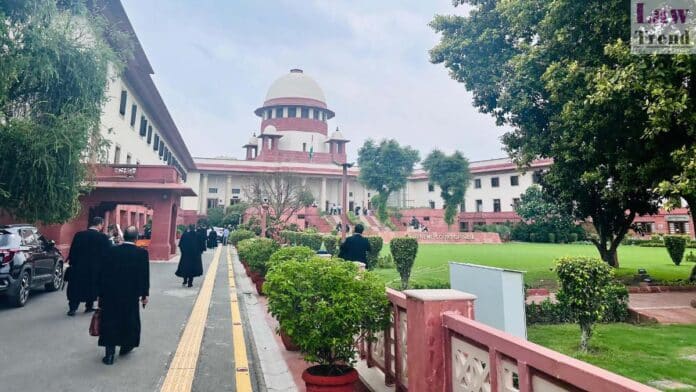In a significant development, judicial officers across India will continue to receive an impressive array of tax-free allowances in addition to their salaries, as the Supreme Court pushed defaulting states to comply with the Second National Judicial Pay (SNJP) Commission’s recommendations. This move comes after the Chief Secretaries and Finance Secretaries of several defaulting states




